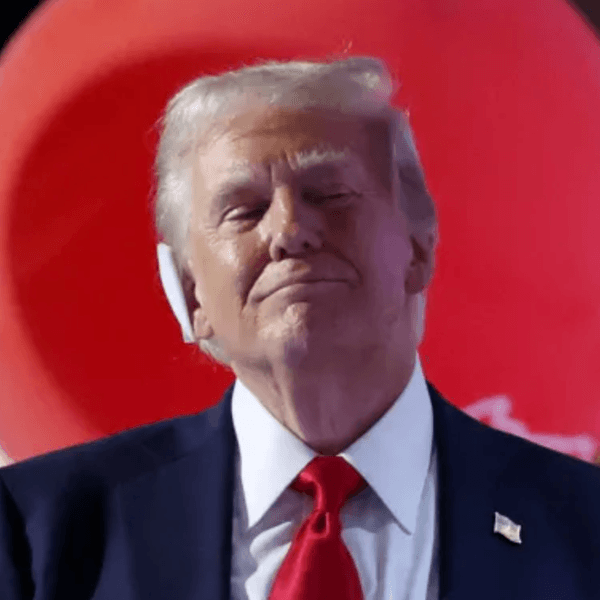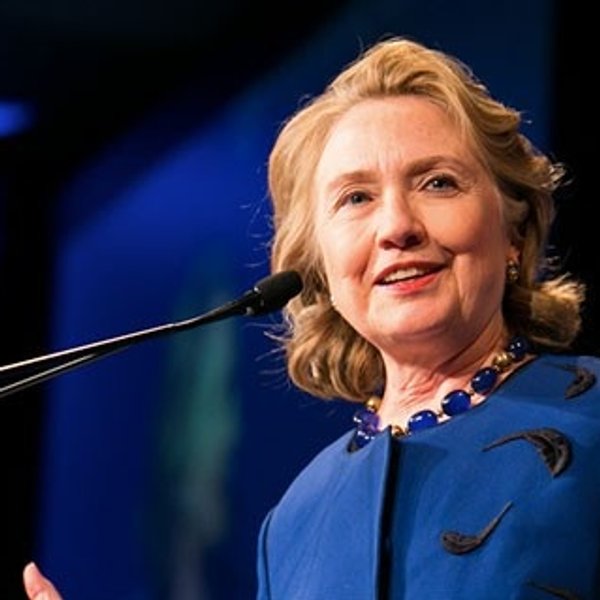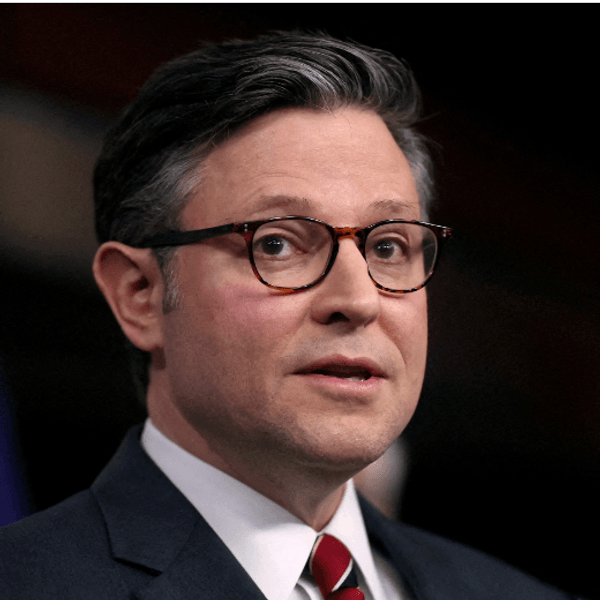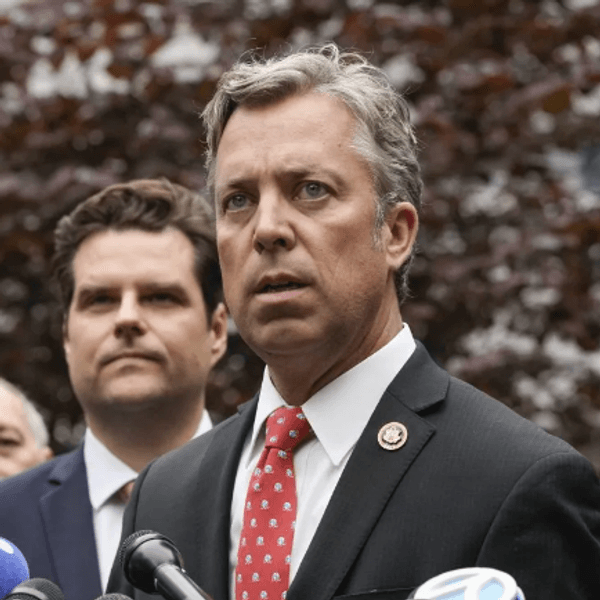Why Hillary And Bernie’s New York Debate Was The Most Aggressive Clash Yet

This article is reposted with permission from Alternet.
Bernie Sanders and Hillary Clinton showed their most surly and aggressive sides yet in Thursday’s debate before next week’s delegate-rich New York primary, underscoring sizeable differences in two distinctly different visions for America.
Neither held back with criticizing inconsistencies or citing shortcomings in each’s stances on more than a dozen issues—underscoring that New Yorkers will be choosing between very different aspirations and theories of change on Tuesday. Their decision will be crucial, because 291 delegates are at stake, and the resulting allocation could alter perceptions about the strength of Hillary’s candidacy, despite her large delegate lead over Sanders.
Seen broadly, the candidates resurrected the sparring seen in recent weeks. They argued over who best would rein in Wall Street and stop corporate excesses, who had the better record on gun control, how far the minimum wage should be raised, how best to combat climate change and get off fossil fuels, when regime change abroad was warranted, how best to deal with bellicose Israeli responses to terrorist threats, and more. Clinton is far more incremental and focused on using or improving existing laws, while Sanders rejects that status quo and seeks deeper structural change. But below the specifics, which people following the race know, lies a more fundamental question.
As Sanders declared when the pair sparred over whether or not America should have a single-payer health care system—Medicare for all—or, as Clinton countered, build on President Obama’s Affordable Care Act, “We are not a country that has the courage to stand up to big money.” That core notion by Sanders—that the political system cannot advance the interests of average Americans when elected representatives buckle to pressure to protect the machinery of wealth—was a sharp dividing line between the candidates.
Sanders said the problem with Clinton not releasing transcripts of her six-figure speeches to Wall Street investment banks was not what she said or didn’t say, per se, but that it compromised her ability to stand up to powerful banking interests. As a result, on issue after issue, Sanders said that she would not go far enough to give Americans the change and results they seek. While he wanted a $15 an hour federal minimum wage, she wanted it to be $12 in some places—but higher in others. While he wanted to force American industry to respond to climate change like the U.S. did in World War II and drastically restructure the economy, she said that natural gas fracking was a stepping stone from a dependence on coal and nuclear energy to solar and other renewables. While he said people making more than $118,500 in incomes should be taxed to extend and expand Social Security benefits, she said there were other ways to achieve that goal and get money to the neediest beneficiaries.
“It’s always a little bit challenging,” a clearly exasperated Clinton said as they were arguing over Social Security remedies. “When you don’t agree with Senator Sanders, you are a member of the establishment.” To which he immediately replied, grumbling, “Yes, you are a member of the establishment.”
For her part, Clinton repeatedly said that Sanders was doing a wonderful job naming the issues that needed addressing, but that she, not he, actually knew how to get the job done. From her opening remarks, she repeatedly stressed that theme. She helped get money for New York City to rebuild after the 9/11 terrorist attacks. She got medical help for the first responders who were injured in rescuing others. She helped bring new jobs to upstate New York. She believed in protecting all kinds of rights—not just economic but civil rights, gender rights, reproductive rights, and tearing down needless barriers. She derided legislation that he prouded touted, saying that it was going nowhere in Congress, and most of all rejected his assertion that wealthy donors would compromise her ability to enact bold progressive reforms.
“He can’t come up with any example because there is no example,” Clinton said, after the moderator asked Sanders to prove her Wall Street supporters tilted her stance on an issue. “It is always important. It may be inconvenient, but it is always important to get the facts straight.”
As the debate neared the end of its second hour, both candidates said that they expected to win the nomination. And again, the way they spoke about the future of the Democratic Party was telling and centered around the impact that big money plays in politics and governing. Clinton reminded the audience she has won millions more votes than anyone else so far this year—including Sanders and Donald Trump, and she said that it will be very important for the party to come together behind its eventual nominee. As hard as that sounds, she said that she did exactly that in 2008 after losing the nomination to Obama.
Sanders, however, defended his candidacy as a Democrat, and countered that he will open the party to millions of young people—under age 45—who have been drawn to his campaign and have funded it with donations averaging $27. “The way we are doing it in this campaign… that is he future of the Democratic Party I want to see.”
Steven Rosenfeld covers national political issues for AlterNet, including America’s retirement crisis, democracy and voting rights, and campaigns and elections. He is the author of “Count My Vote: A Citizen’s Guide to Voting” (AlterNet Books, 2008).
Photo: Wikimedia Commons.








